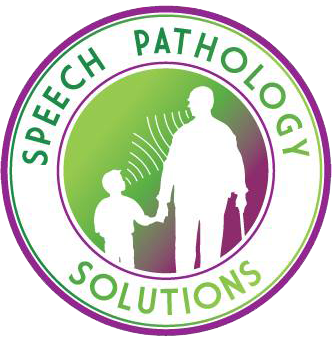quality speech language services
Dysarthria is a motor speech disorder that affects the muscles used for speaking. It can be caused by a variety of conditions, including neurological disorders, brain injury, and muscle weakness. Dysarthria can make it difficult for an individual to produce clear and precise speech, which can impact their ability to communicate effectively. Speech therapy is an effective treatment for dysarthria, and involves working with our speech pathologists to improve muscle strength and control, as well as speaking skills such as articulation, prosody, and respiratory control.



who we help
Browse our services by age group, and learn more about how we can help you according to your individual needs.
frequently asked questions
There are several potential causes of dysarthria, including brain injury, stroke, neurological disorders, and degenerative conditions such as ALS (Amyotrophic lateral sclerosis). In some cases, the cause may be unknown.
Symptoms of dysarthria can vary depending on the type of dysarthria and the cause of the condition. However, common symptoms include:
Slurred speech
Difficulty with articulation
Changes in the pitch, loudness, and rate of speech
Difficulty with breath control
Weakness or paralysis of the speech muscles
Slurred speech
Difficulty with articulation
Changes in the pitch, loudness, and rate of speech
Difficulty with breath control
Weakness or paralysis of the speech muscles
Dysarthria is typically diagnosed by a speech-language pathologist. The speech-language pathologist will conduct a thorough evaluation, which may include a medical history, physical examination, and a speech and language assessment. The speech-language pathologist may also use diagnostic tools such as X-rays, CT scans, or MRI to determine the cause of the dysarthria.
Treatment for dysarthria will depend on the type of dysarthria and the underlying cause of the condition. Treatment may include speech therapy, which can help the individual to improve their speech, as well as other forms of therapy such as physical therapy or occupational therapy. In some cases, medication may also be prescribed to help with muscle control. Surgery may be an option for certain cases.
insurances accepted





be the best version of yourself -
we'll help you along the way

gain confidence to speak with ease

showcase real academic abilities

connect deeply & genuinely with others

reclaim lost skills & independence



